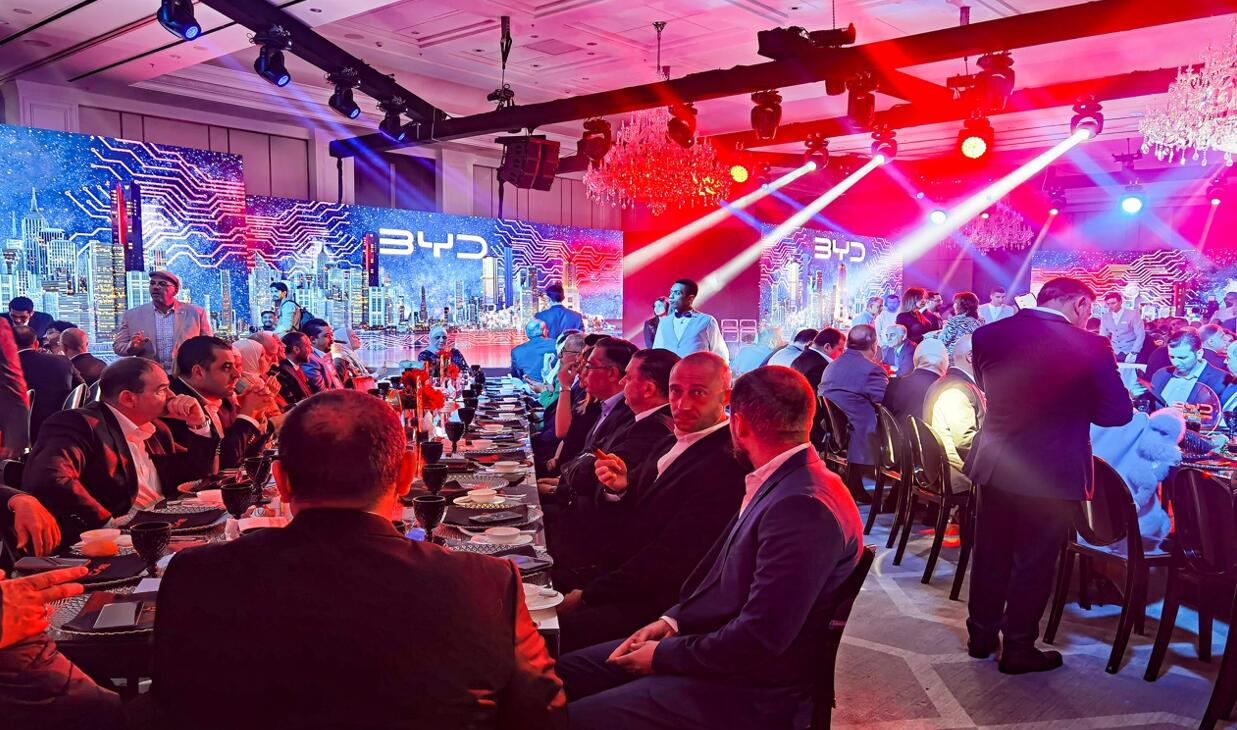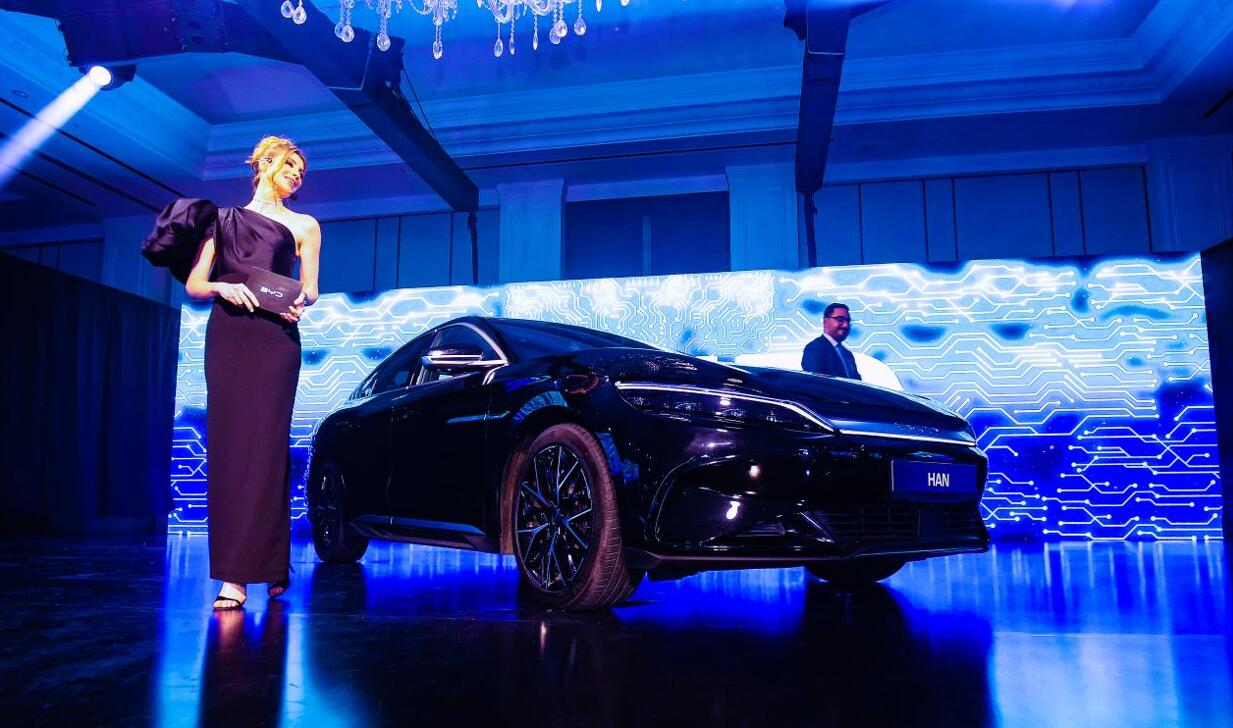HesaiHesai began trading on the Nasdaq on February 9 and has accumulated a decline of about 36 percent since then.

Chinese LiDAR maker Hesai Group (NASDAQ: HSAI) saw record revenue in the fourth quarter, though gross margin fell further.
Hesai reported revenue of RMB 409.2 million ($59.3 million) in the fourth quarter, up 56.6 percent year-on-year, according to its unaudited earnings report released after the US stock market closed on March 15, the company's first since listing on the Nasdaq.
The company shipped 47,515 total LiDAR units in the fourth quarter, up 739.2 percent from 5,662 units in the same period in 2021.
It shipped 43,351 ADAS LiDAR units in the fourth quarter, compared to 87 units in the same period in 2021.
Hesai's gross margin was 30 percent in the fourth quarter, down from 52.4 percent in the same period in 2021 and down from 37 percent in the third quarter.

The decline in gross margin was primarily due to increased shipments of low-margin ADAS LiDAR products in the early ramp-up phase and lower capacity utilization at the in-house plant, the company said.
Hesai reported a net loss of RMB 135.3 million for the fourth quarter, compared with RMB 70 million for the same period in 2021.
Excluding stock-based compensation expense, it reported an adjusted non-GAAP net loss of RMB 110.2 million in the fourth quarter, compared with RMB 39.3 million in the same period in 2021.
The company reported both basic and diluted net loss per common share of RMB 1.18 for the fourth quarter. Excluding stock-based compensation expense and deemed dividends, adjusted non-GAAP basic and diluted net loss per common share for the fourth quarter were both RMB 0.96.
It reported R&D expenses of RMB 178.8 million in the fourth quarter, an increase of 13.3 percent from RMB 157.8 million in the same period of 2021, primarily due to higher payroll expenses resulting from an increase in R&D staff.
Hesai's sales and marketing expenses for the fourth quarter were RMB 41.4 million, an increase of 95.2 percent year-on-year.
It had general and administrative expenses of RMB 47.6 million in the fourth quarter, a decrease of 7.6 percent year-on-year, primarily due to a decrease in stock-based compensation expenses.
Hesai's cash and cash equivalents and short-term investments were RMB 1.86 billion as of December 31, 2022, compared to RMB 2.79 billion as of December 31, 2021 and RMB 2.07 billion as of September 30, 2022.
For the full year 2022, Hesai's revenue was RMB1,202.7 million, an increase of 66.9 percent year-on-year.
The company shipped 80,462 LiDAR units in full-year 2022, an increase of 467.5 percent year-on-year.
The company's gross margin for the full year 2022 was 39.2 percent, down from 53 percent in the prior year.
For the first quarter of 2023, Hesai expects net revenues to be in the range of RMB 390 million to RMB 410 million, or about 57.0 percent to 65.0 percent year-on-year growth.
Hesai began trading on the Nasdaq on February 9 under the ticker HSAI and has continued to fall since then.
The company closed down 12.36 percent yesterday, bringing its cumulative decline since the IPO to about 36 percent.
Hesai was up 3.02 percent in after-hours trading Wednesday following the earnings report.

Hesai debuts on Nasdaq, becoming 1st Chinese LiDAR maker to go public in US
The post LiDAR-maker Hesai posts Q4 revenue growth of 56.6% YoY in 1st earnings report since US IPO appeared first on CnEVPost.
For more articles, please visit CnEVPost.















